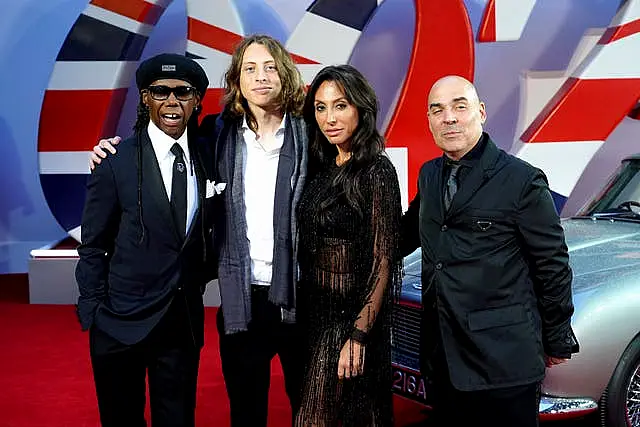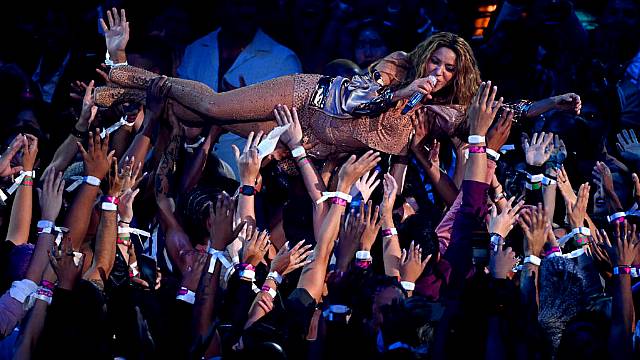Hipgnosis has announced a last-minute delay to the publication of its half-year results, as troubles mount for the music fund set up by Nile Rodgers and Merck Mercuriadis, former manager of Sir Elton John and Beyonce.
Hipgnosis Songs Fund, which owns the rights to tracks by world-famous artists from Justin Bieber to Shakira and Blondie, was due to reveal its financial results on Tuesday.
But the firm said it was postponing the release over concerns that its music catalogues are not being valued highly enough amid a potential sale.
Hipgnosis said the company valuation received from an independent valuer is “materially higher than the valuation implied by proposed and recent transactions in the sector”, in particular the proposed sale of its assets to Hipgnosis Songs Capital.
The London-listed firm had agreed in September to sell 29 music catalogues to the sister fund, backed by investment giant Blackstone.
The deal valued the assets at about 418 million US dollars (£360 million), a discount of nearly a quarter on the valuation given in March this year.

But the company said it did not receive any better offers from possible bidders, telling shareholders that a number of interested parties “could not justify paying a higher price than the offer” already on the table.
Tuesday’s statement also referred to the sale last week of 20,000 “non-core” songs for about 23 million US dollars (£20 million), a 14 per cent discount on a September valuation.
Hipgnosis said it had sought advice from its investment adviser, Hipgnosis Songs Management, which gave the board “concerns as to the valuation of the company’s assets in its interim results”.
The half-year results are now expected to be published by the last day of the year.
The fund launched a strategic review in October which could lead to the replacement of founder and chief executive Mercuriadis.
He previously managed Rodgers, with whom he launched the music fund, and other artists including Beyonce and Guns N’ Roses.
He is described by Hipgnosis as a “vigorous campaigner for songwriters to receive a fair share of music revenues”.







